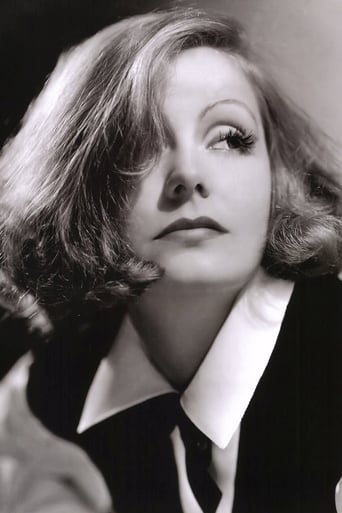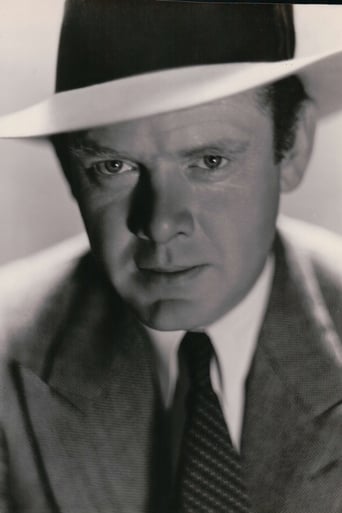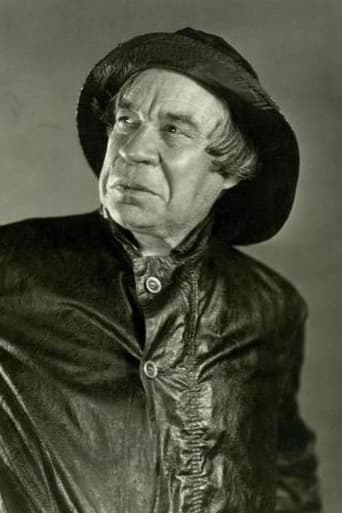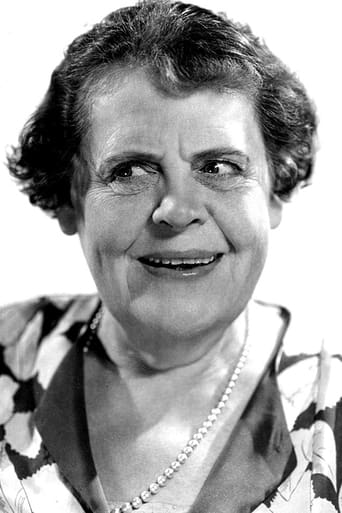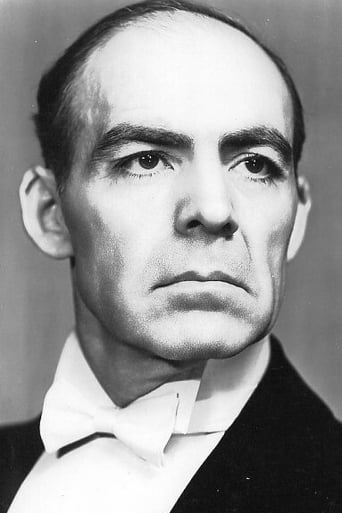lugonian
"Anna Christie" (Metro-Goldwyn-Mayer, 1930), directed by Clarence Brown, was the motion picture event of the season where "Garbo talks!" Naturally she talked, but was never heard during her days (1926-1929) on the silent screen. With other silent film stars having already made the transition by 1929, the selection in what Garbo was to appear had to be a sound one. Considering Lon Chaney's talking debut being a remake to his 1925 success, THE UNHOLY THREE (1930), the possibilities of Garbo doing the same for any one of her silent screen successes. FLESH AND THE DEVIL (1927) or that of Anna Karenina from LOVE (1927) immediately come to mind. Garbo did play Anna Karenina again, but in 1935. Another Anna did get selected, one that was already filmed in 1923 starring Blanche Sweet. Taken from Eugene O'Neil's Pulitzer Prize winning play that originated on stage in 1921 starring Pauline Lord, considering the title character of Swedish heritage, it seemed natural for the Swedish born Garbo to tackle tat role herself. And so she did, earning an Academy Award nomination in the process. With her accent authentic, George Marion, who originated his role of Chris Christophersen on both stage and silent screen, was not or didn't appear to be. Whether faithful to O'Neill's writing or not really didn't matter for that "Anna Christie" proved to be a critical success.The story gets underway as Old Chris (George Marion) a Swedish captain of the fishing boat, living on the barge with Marty Owens (Marie Dressler), his drunken waterfront mistress. After coming to the nearby bar for some drinks, Chris receives a letter with news that his daughter, Anna, is coming from St. Paul, Minnesota, for a visit. Chris, who hasn't seen Anna since she was a five-year-old child in Sweden, is a concerned how to handle their meeting after a 15-year separation. While in the next room, Anna, who calls herself Anna Christie (Greta Garbo) enters the waterfront bar where her first encounter being Marty, the woman Anna claims to be herself, "forty years from now." As both women drink some whiskeys, and Anna smoking cigarettes, she reveals her troubled past to Marty, being raised by cruel relatives on the farm, turning to prostitution in order to survive, and hating all men in the process. Having been released from jail and a two week hospital stay, Anna finally meets with her father as Marty secretly moves from the barge where Anna is to stay. As the two venture out to sea, they meet with a terrible storm, later rescuing Matt Burke (Charles Bickford), a tough talking Irish seaman, from a drifting raft where he and others had spent five days. When Matt shows interest in Anna, Chris objects, causing the two stubborn men to become rivals, forcing Anna to come between them.For its initial 34 minutes, "Anna Christie" is virtually stage-bound, set mostly in a bar. Garbo's star entrance takes its toll 16 minutes into the story. From there she recites these spoken words to the barman in deep throat manner, "Gimme a vhiskey. Ginger ale on the side - and don't be stingy, baby," with occasional end of sentence catch phrases of "Alright, alright." With this, the long wait ends. "GARBO talks!" And does she ever. The voice not only fits her personality, but her character as well. How the story develops in early sound technique is another matter.During its 88 minute time frame, director Clarence Brown breaks away from its staginess with outdoor scenery of the Brooklyn Bridge, the sea, as well as time away at Coney Island Amusement Park before resorting to stage-bound manner on the barge. There is no underscoring to set the mood but inter-titles ("The next morning - the waterfront of the East River - New York City." "Two days later in town off New England." "At anchor in an outer harbor along the Massachusetts coast.")in the silent film tradition placed between extended scenes. With the supporting cast a limited few, only four take precedent. Charles Bickford proved way different from the usual Garbo co-stars. Definitely not the John Gilbert romantic type, but that of a roughneck Irishman, a vivid reminder of Victor McLaglen caricature found in John Ford directorial features reciting such typical lines as, "I can lick any man with one hand tied behind me back." The opposites attract combination of Garbo and Bickford gives equal balance to the nature of the story. George Marion, at times, bears a slight resemblance of character actor, Donald Meek. No doubt Meek might have been an interesting prospect to play Old Chris had a remake of ANNA Christie been considered in the 1940s with Ingrid Bergman in the lead. Marie Dressler's performance leaves a lasting impact, enough to have earned a Best Supporting Actress Academy Award nomination had that category been around back then. In fact, her waterfront floozy in second hand clothing was no doubt a dress rehearsal for her upcoming role in MIN AND BILL (1930) for which won Dressler a Best Actress award by the Academy. Seldom revived until its 1985 distribution to home video by MGM/UA, followed by occasional public television showings, "Anna Christie," along with Garbo's German-language version, can be found on cable TV's Turner Classic Movies. While the English version of 'Anna Christie" now available on DVD, is better known, many claim the German edition to be better and much more forthright. Though this "Anna Christie" may not hold up as well as Garbo's most notable assignments as CAMILLE (1936) or NINOTCHKA (1939), it's noteworthy, if nothing else, as the one where that term "Garbo talks!" started. (*** vhiskeys)
Cyke
039: Anna Christie (1930) - released 2/21/1930; viewed 3/10/06 On October 24, 1929: Black Thursday, the stock market crashes. Now the country and indeed the world will look to Hollywood for escape from the worldwide Great Depression.BIRTHS: Anne Frank, June Carter, Yasser Arafat, Bob Newhart, Barbara Walters, Doris Roberts, Ed Asner, Dick Clark, Roy E. Disney, Gene Hackman.DOUG: At long last, our Odyssey resumes in earnest with Greta Garbo's first sound film, a simple character study called Anna Christie. An excellent performance from Ms. Garbo, who showed right off the bat that her talents could carry over from the silent era (I wanted to see some of her silent work, but Netflix doesn't seem to be stocking them. How odd). One thing I noticed over and over was the way the Swedish accent sounds, like replacing the letter J with a Y sound. Anna ends up being the only character I liked; I didn't really care for her estranged father or her would-be suitor. It looks like the sound-recording systems are getting better (nobody leaning in to talk into the mystery-can), but the camera still isn't moving. We'll be sure to watch for that to change as our odyssey continues.KEVIN: Our first film of the 1930's is the first sound film of silent starlet Greta Garbo, Anna Christie. This is a very simple movie, with only about five different locations where we spend long stretches of the film's 89 minute running time, often with a static camera. It was great to see Marie Dressler in sound as well, and quite hilarious as what we hear is an endless chain of heartfelt yet inebriated slurs. I very much enjoyed Garbo's performance, as she sustains the film through even the most meandering moments. I didn't really like George Marion or Charles Bickford, maybe because I wasn't sympathetic to either of them, so I was relieved and excited when Anna finally stands up for herself and shows them that she doesn't "belong" to either her estranged father or her muscle-bound Irish boyfriend. It's also great to see that renowned silent screenwriter Frances Marion hasn't missed a step going from silent to sound.Last film viewed: Speedy (1928). Last film chronologically: The Love Parade (1929). Next film: The Blue Angel (1930).
Spuzzlightyear
The most famous thing about this movie is that this was the first time Garbo talked in a motion picture. Aside from that 'milestone' (if you want to call it that) this is a movie that doesn't go beyond creaky melodrama, with Garbo trying her best not to fall asleep.The plot involves Greta Garbo returning to her Father after 15 years abroad. Her father, who is a captain on a barge, is happy to see her, even though she's acting a bit cagey. She soon falls in love with a grizzled seaman, who also notices that something, a barrier if you will, is holding her back.Anyways, the two fellows don't particularly like each other and soon come to blows over Garbo, when she diffuses the situation by revealing her Big Secret which is no surprise to us, if you've read the video box (damn you MGM!!) Garbo is nothing but arms in this movie, she acts and acts flailing her arms about, and gets grating quickly. The two male leads are alright. Probably the best performance comes from the classic silent actress Marie Dressler, who plays the drunken captain's even drunker girlfriend. What a performance! It's too bad the tagline couldn't have read, "Dressler Talks!"

